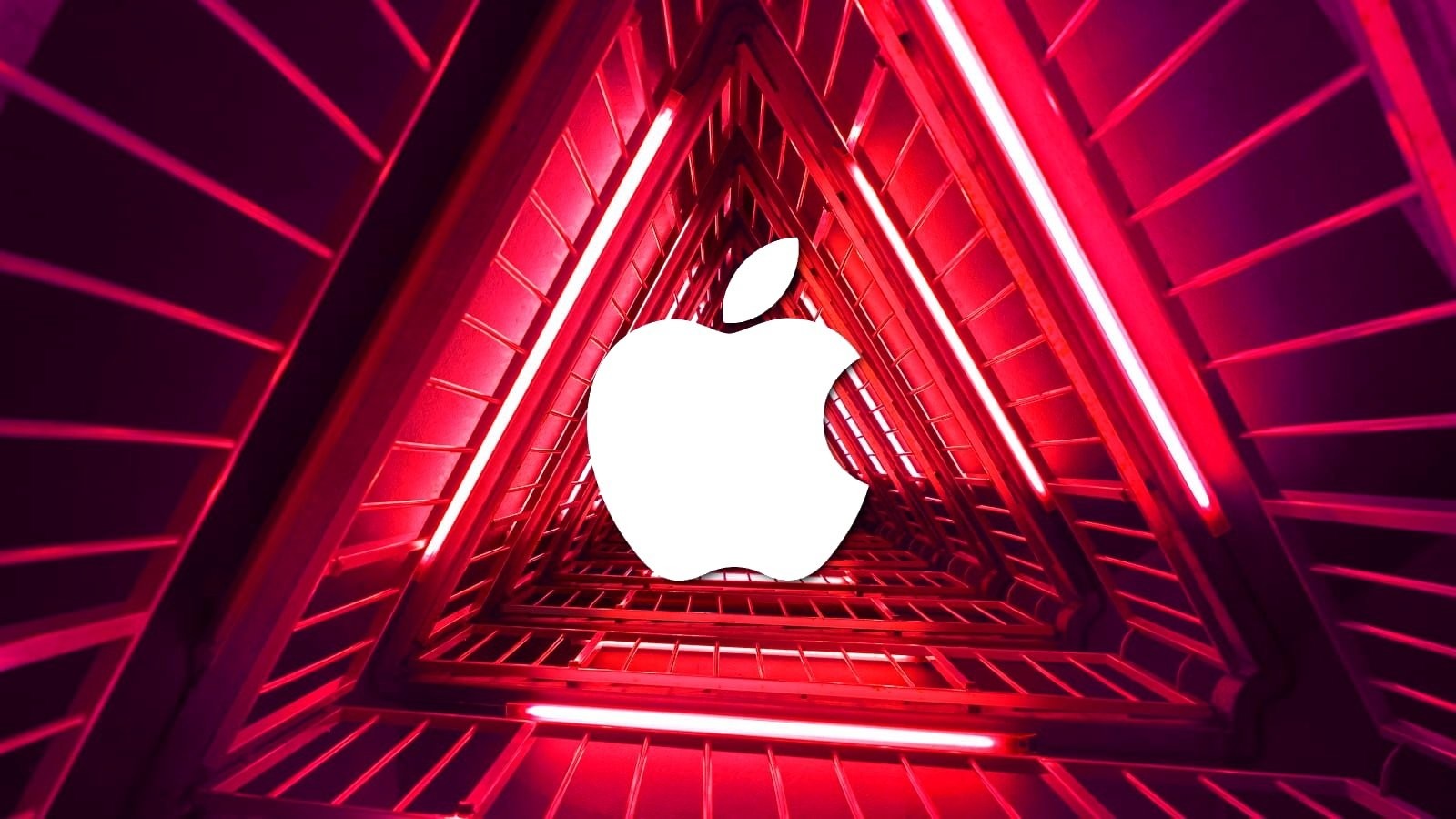
A popular open-source tool used by cybersecurity researchers has been taken down following a copyright complaint from Apple. The Docker-OSX project, which allowed users to run macOS in a Docker container, is no longer available on GitHub after the tech giant filed a Digital Millennium Copyright Act (DMCA) takedown notice.
The Docker-OSX image provided a convenient way for security professionals to analyze macOS systems and applications without requiring Apple hardware. However, Apple asserted that the project violated its intellectual property rights by distributing macOS outside of approved channels.
This development has sparked debate in the cybersecurity community about the balance between protecting proprietary software and enabling legitimate security research. Many researchers relied on Docker-OSX as an accessible platform for identifying vulnerabilities and testing defenses on macOS.
The removal of Docker-OSX may impact ongoing security investigations and limit options for researchers who cannot afford dedicated Apple hardware. Some experts argue this could potentially hamper efforts to improve macOS security overall.
Supporters of the project maintain that it fell under fair use for research purposes. However, Apple's aggressive defense of its copyrights and closed ecosystem is well-established.
As of now, the Docker-OSX repository and associated tools are no longer accessible on GitHub. The project's creator has not yet commented publicly on the takedown or potential next steps.
This case highlights the ongoing tension between tech companies' intellectual property concerns and the needs of the cybersecurity research community. As operating systems become increasingly locked down, finding ethical ways to conduct security testing grows more challenging.
The incident serves as a reminder of the complex legal landscape surrounding software research tools, especially those involving proprietary systems like macOS. Security professionals will likely need to seek alternative methods for macOS analysis in light of this development.